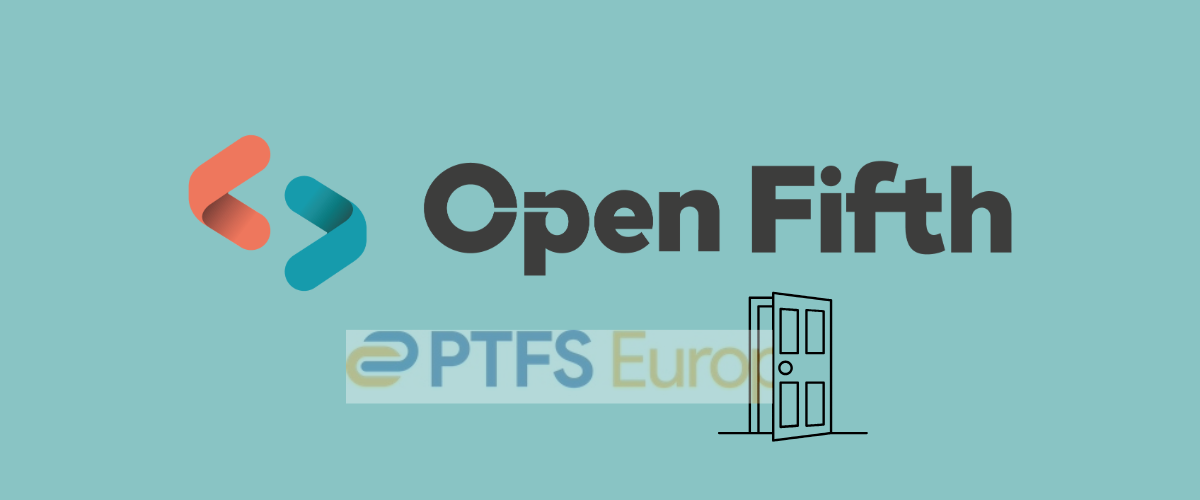One of the many operational issues faced by busy hospitals is how to keep track of large numbers of vital – and expensive – pieces of equipment. Medical assets are, of necessity, moved around constantly (after all, a wheelchair isn’t much use if it never leaves the ward!) The cost of losing equipment (whether temporarily or permanently) is far higher than just the cost of replacing it. Key staff find themselves devoting time to tracking down assets that are needed for treatment.
Bramble Hub’s partner Waymark has teamed up with healthcare asset-tracking specialist Floki Health to offer a powerful solution to this problem. Together, they provide Floki’s technology, along with a package of consulting services, to provide NHS trusts with a way to ensure that assets are locatable when needed.
The solution includes the ability to wirelessly track the location and movement of assets and to send real-time alarms triggered by defined events. The Floki system is cloud-based, open to being integrated with other essential NHS systems, and provides comprehensive reporting and analytics.
Matt Atkinson, Waymark’s Chief Innovation Officer, explains: “Floki’s platform uses a variety of cleverly-integrated technologies to quickly identify the location of each piece of equipment.”
Fenwick Smith, CEO of Floki Health, adds: “Our solution tracks assets using Bluetooth Low Energy (BLE) transmitters coupled with other technologies including RFID, GPS, barcodes, QR codes and an iOS app. Fenwick identified the need for such a tracking system when he had an operation in 2016: “While I was in the hospital, I witnessed numerous incidents when nurses couldn’t find equipment. I realised this problem must resonate across 236 trusts, and that it would likely create enormous costs.”
Matt explains, “As well as utilising cutting-edge technology, Floki’s approach provides the NHS value for money. We tailor the platform for the specific issues encountered within each individual trust. The alternative offerings tend to be both more generic and more expensive. Our solution can be highly customised to meet customer requirements, and to provide the greatest return on investment. It’s not just about collecting and displaying asset data, it’s about enabling other features which are specific to solving each customer’s use cases.”
“At the beginning of a project, we start out with a discovery exercise to determine which assets should be tracked. There’s a cost to tagging an item, so our approach is partly about prioritising what we tag. We identify the equipment, where it is, and who is accountable for it. A typical trust may have tens of thousands of assets to consider”
Fenwick explains the approach: “It’s important to us that we’re led by the use cases and associated problems, and not by the technology. Our solution connects with the NHS asset register, and monitors location-based events. Each event relates to an asset and a location and has a status and timestamp.” But, he stresses, there is little point in solving technical problems in isolation from real-life use cases. “In our approach, we facilitate user-centred design workshops to identify problems, the degree of impact, frequency of occurrence and commercial value. We also bring clinical teams together to prioritise so that they can appreciate where their problem fits within the bigger picture, and to identify those issues that have the widest impact.”
Fenwick outlines a test of Floki’s technology that he undertook for an NHS trust: “We asked two technicians to find a list of 15 assets: one using our tech, and one without. Using our tech, the exercise was completed in under 19 minutes. The other technician, trying to find the equipment manually, stopped after 3hrs 40mins, and hadn’t found a single item.”
The anecdote above helps illustrate the potential gains of implementing such a system: not only preventing the loss of assets, but saving countless precious hours of clinicians’ time.
The solution does more than allow medical staff to reactively find critical equipment, explains Fenwick. “The platform runs a continuous, real-time stock check. It allows staff to predictively move assets to where they will most likely be needed. Our system is about more than just preventing kit from being lost: we want to help transform the NHS.”
The Waymark/Floki solution can be purchased from Bramble Hub via public sector frameworks.
For more information, please visit Waymark’s partner page and Floki Health’s website.
More About Bramble Hub
Bramble Hub has been successfully connecting IT private sector companies and the public sector since 2006….. Find out more ..
Subscribe To Our Newsletter
Our regular newsletter keeps you up to date with developments at Bramble Hub and our partners and customers…
Contact Us
If you are a best of type business looking to work with the public sector via frameworks do get in touch with our team.






